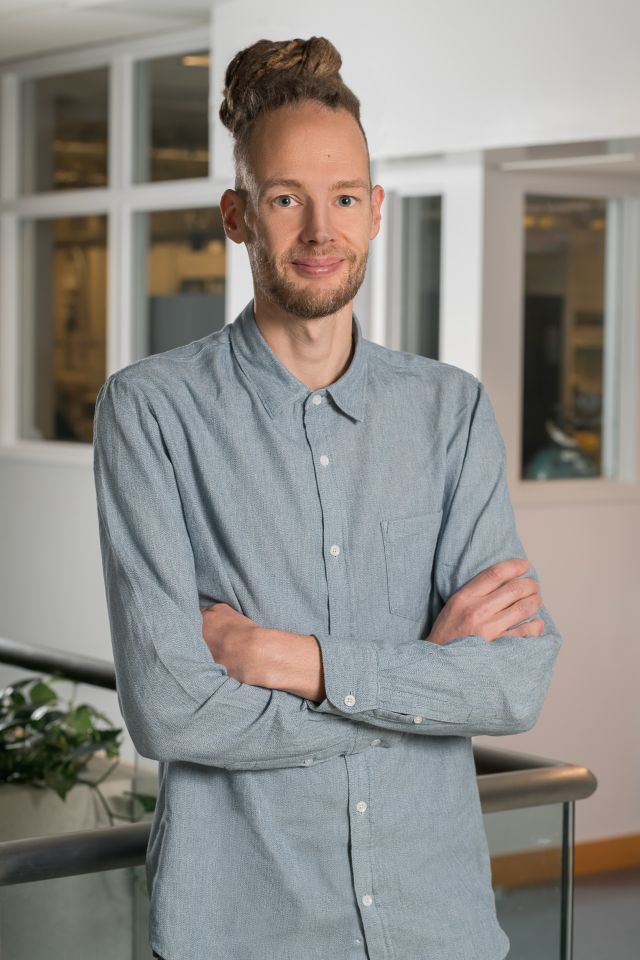Michael Köpke, Ph.D.,Chief Innovation Officer, LanzaTech, Re-imagining manufacturing: Building a circular gas fermentation industry

Speaker:
Michael Köpke, Ph.D.
Chief Innovation Officer, LanzaTech
Faculty Host: Michelle O'Malley
Title: Re-imagining manufacturing: Building a circular gas fermentation industry
Abstract:
The accelerating climate crisis combined with rapid population growth poses some of the most urgent challenges to humankind, all linked to the unabated release and accumulation of CO2 and waste across the biosphere. Rapid action is needed to drastically reduce waste carbon emissions. By harnessing our capacity to partner with biology, we can begin to take advantage of the abundance of available CO2 and waste carbon streams to transform the way the world creates and uses carbon and enable a circular economy.
LanzaTech’s mission is to create a post-pollution future where waste carbon is the building block from which everything is made and since inception in 2005 has pioneered the development of a first-of-its-kind gas fermentation process for carbon capture and transformation. Gas fermentation using carbon-fixing microorganisms is a fully commercial carbon recycling process technology that transforms above-ground sustainable and waste carbon resources into fuels, chemicals, materials and nutritional products at a scale that can be truly impactful in mitigating the climate crisis. LanzaTech’s technology is like retrofitting a brewery onto an emission source like a steel mill or a landfill site, but instead of using sugars and yeast to make beer, pollution is converted by anaerobic, carbon-fixing bacteria to fuels, proteins, chemicals or materials. The technology offers an industrial approach to both enable manufacturing at its current scale, and achieve sustainability targets.
Compared to other gas-to-liquid processes, gas fermentation offers unique feedstock and product flexibility. The process can handle a diverse range of high volume, low-cost feedstocks. These include industrial emissions (e.g., steel mills, processing plants or refineries) or syngas generated from any resource (e.g., unsorted, and non-recyclable municipal solid waste, agricultural waste, or organic industrial waste), as well as CO2 with green hydrogen. However, a technology platform built around a non-model organism was always going to be an ambitious project and several innovations were needed to unlock this biology for industrial use. From elementary beginnings, LanzaTech has developed a synthetic biology platform and first anaerobic biofoundry, scalable bioreactor systems that support high mass-transfer of gases, as well as a range of predictive models from an organism to a process level.
Over the past 18+ years, LanzaTech has successfully commercialized the process, with several plants in operation today. Already, the technology has prevented over 300,000 tonnes of carbon from entering the atmosphere and products from plants are available to consumers today, used by various leading global brands for applications ranging from materials for apparel, packaging, detergents, to inputs for fragrances and sustainable aviation fuel (SAF).